Digital Isolators
Results:Digital Isolators Results:
Comprehensive
Price Priority
Stock Priority
Image
Part Number
Manufacturer
Description
Availability
Unit Price
Quantity
Operation
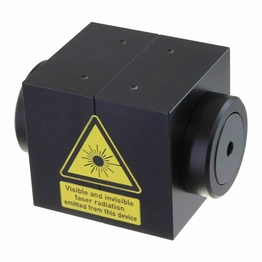
Excelitas Technologies
FI-980-3SC FARADAY ISOLATOR
Quantity: 1
Ship Date: 7-12 working days
1+ $1592.5
-
+
Ext. Price: $1592.50
MOQ: 1
Mult: 1
SPQ: 1
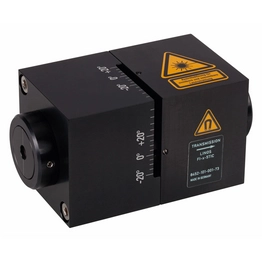
Excelitas Technologies
FI-1060-TIC TWO-STAGE ISOLATOR
Quantity: 1
Ship Date: 7-12 working days
1+ $4015.7
-
+
Ext. Price: $4015.70
MOQ: 1
Mult: 1
SPQ: 1
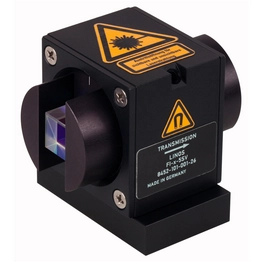
Excelitas Technologies
FI-530-5SV HP FARADAY ISOLATOR
Quantity: 1
Ship Date: 7-12 working days
1+ $2187.9
-
+
Ext. Price: $2187.90
MOQ: 1
Mult: 1
SPQ: 1
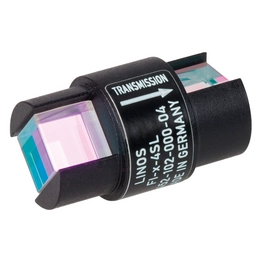
Excelitas Technologies
FI-1250-4SL FARADAY ISOLATOR
Quantity: 1
Ship Date: 7-12 working days
1+ $1654.9
-
+
Ext. Price: $1654.90
MOQ: 1
Mult: 1
SPQ: 1
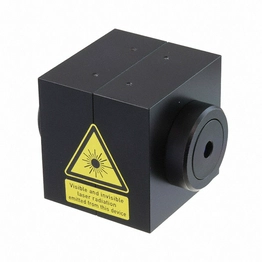
Excelitas Technologies
FI-930-5SC FARADAY ISOLATOR
Quantity: 1
Ship Date: 7-12 working days
1+ $2146.3
-
+
Ext. Price: $2146.30
MOQ: 1
Mult: 1
SPQ: 1

Excelitas Technologies
FI-780-5SV FARADAY ISOLATOR
Quantity: 1
Ship Date: 7-12 working days
1+ $2328.3
-
+
Ext. Price: $2328.30
MOQ: 1
Mult: 1
SPQ: 1

Excelitas Technologies
FI-630-2SV FARADAY ISOLATOR
Quantity: 1
Ship Date: 7-12 working days
1+ $1536.6
-
+
Ext. Price: $1536.60
MOQ: 1
Mult: 1
SPQ: 1

Excelitas Technologies
FI-1550-4SL FARADAY ISOLATOR
Quantity: 1
Ship Date: 7-12 working days
1+ $1654.9
-
+
Ext. Price: $1654.90
MOQ: 1
Mult: 1
SPQ: 1

Excelitas Technologies
FI-630-5SV FARADAY ISOLATOR
Quantity: 1
Ship Date: 7-12 working days
1+ $2285.4
-
+
Ext. Price: $2285.40
MOQ: 1
Mult: 1
SPQ: 1
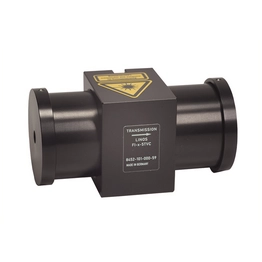
Excelitas Technologies
FI-780-5TVC TWO-STAGE ISOLATOR
Quantity: 1
Ship Date: 7-12 working days
1+ $3393
-
+
Ext. Price: $3393.00
MOQ: 1
Mult: 1
SPQ: 1

Excelitas Technologies
FI-530-2SV FARADAY ISOLATOR
Quantity: 4
Ship Date: 7-12 working days
1+ $1536.6
-
+
Ext. Price: $1536.60
MOQ: 1
Mult: 1
SPQ: 1

Excelitas Technologies
FI-850-5SV FARADAY ISOLATOR
Quantity: 1
Ship Date: 7-12 working days
1+ $2485.6
-
+
Ext. Price: $2485.60
MOQ: 1
Mult: 1
SPQ: 1












